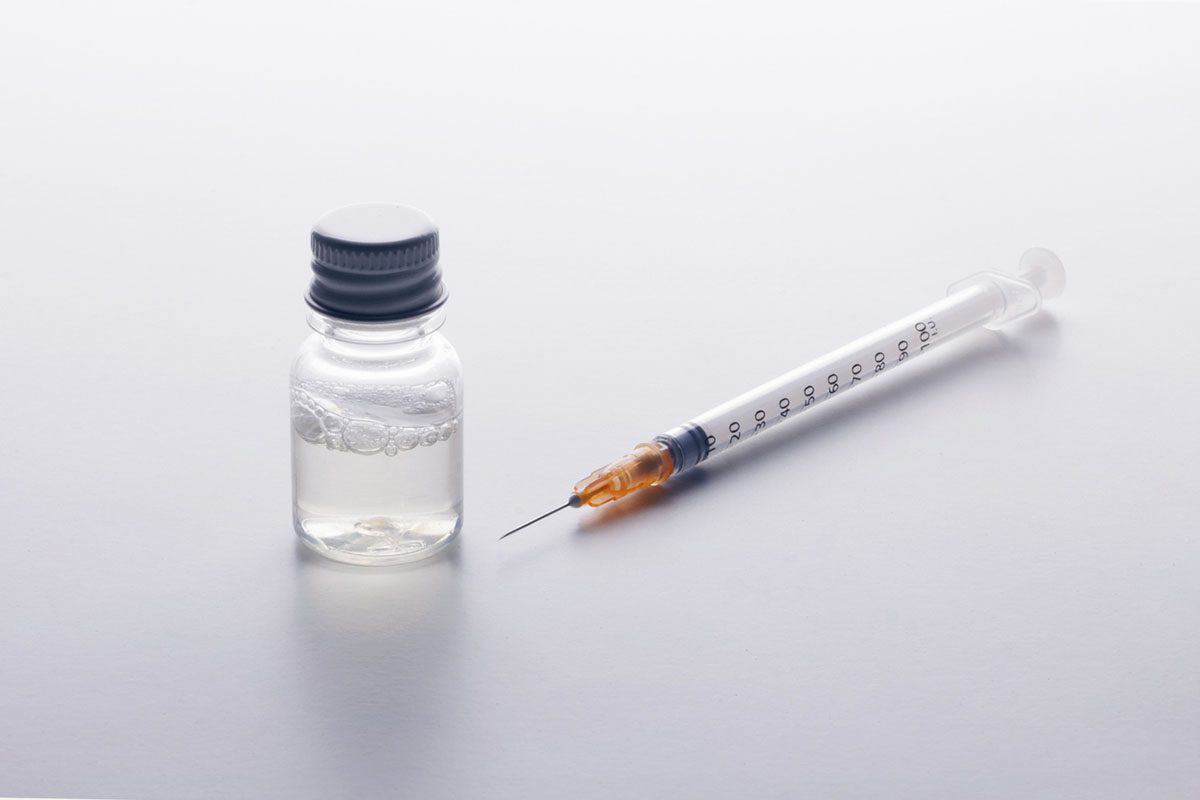To the Editor: Gambling disorder (GD) is a common mental health condition affecting 0.4%–2.4% of the population.1 There is concern about the link between GD and suicidality.2,3 In a subset of data from the National Epidemiologic Survey on Alcohol and Related Conditions, 18.3% of people with probable lifetime GD had at least 1 lifetime suicide attempt.4 In an analysis of medical records from 141 individuals diagnosed with GD attending an addiction recovery outpatient unit in Japan, 12.1% had a history of 1 or more suicide attempt(s).5 In people with GD attending treatment in Australia, questionnaire data indicated that 9.7% had a history of 1 or more suicide attempt(s).6 Using a large sample (1,112) of treatment-seeking adults with GD in Spain, 6.7% of the sample reported a history of 1 or more suicide attempt(s).7 A prior study by Hodgins et al8 in a community sample of 101 people with gambling problems found that 33% of the study participants reported a suicide attempt in the past, but only 7% reported a suicide attempt due to gambling. Much of the literature has explored history of suicidality and current GD cross-sectionally (ie, is not able to account for whether prior suicide attempt[s] were due to GD).
Methods
We conducted a detailed analysis of 226 treatment-seeking individuals with GD who had taken part in clinical trials (pharmacologic and psychotherapeutic) conducted at our research units in the United States. Individuals were diagnosed with GD using the Structured Clinical Interview for GD.9 Additionally, we performed a detailed retrospective analysis of written clinical assessments and medical record reviews. All trials had included details regarding any suicide attempts, the timing of the attempts (as well as the timing of when gambling started and when the participant met criteria for GD), potential triggers leading to the attempts, lethality of attempts, and need for treatment post-attempt. Dates of data collection were 2008–2019.
Results
The individuals had a mean (SD) age of 48 (11) years, 60% were female, and 87% were white-Caucasian racial-ethnic background. We identified a history of suicide attempt(s) due to gambling in 4 individuals (1.8% of the sample). Five other individuals (2.2%) had lifetime history of suicide attempt(s) not due to gambling (4 were attributable to major depressive disorder occurring prior to onset of GD, and 1 was linked to intoxication secondary to alcohol use disorder occurring prior to onset of GD). Overall history of suicide attempts was thus 4.0%.
Discussion
Our sample had relatively lower rates of lifetime suicide attempt(s) than reported in some other studies. The findings also raise the question as to whether people interested in clinical trial participation (or who are treatment-seeking) may differ from people with GD in the population at large. Of course, any degree of suicidality is highly concerning clinically and also from a public and personal perspective. For example, the current sample involved people taking part in clinical trials, and so certain morbidities (eg, psychosis or current suicide risk) would have been exclusionary, meaning that the findings may not generalize to people with GD who do not seek treatment or to those who have higher levels of comorbidities. To more accurately determine suicide rates in GD, it would be necessary to undertake large-scale analysis of coronial records,10 since the literature to date largely examined lifetime suicide attempt(s) in people who did not die by suicide to that point. To address this challenge would require much more widespread awareness of GD as a potential contributor to suicide among key stakeholders (the public, clinicians, and coroners), documentation of the role of gambling (and GD) on coronial records, and analysis of such records.
Article Information
Published Online: July 4, 2024. https://doi.org/10.4088/PCC.24lr03719
© 2024 Physicians Postgraduate Press, Inc.
Prim Care Companion CNS Disord 2024;26(4):24lr03719
To Cite: Chamberlain SR, Grant JE. Suicide attempts in gambling disorder. Prim Care Companion CNS Disord. 2024;26(4):24lr03719.
Author Affiliations: Department of Psychiatry, Faculty of Medicine, University of Southampton, Southampton, United Kingdom (Chamberlain); NHS Southern Gambling Service/Southern Health NHS Foundation Trust, Southampton, United Kingdom (Chamberlain); Department of Psychiatry and Behavioral Neuroscience, University of Chicago, Pritzker School of Medicine, Chicago, Illinois (Grant).
Corresponding Author: Jon E. Grant, JD, MD, MPH, Department of Psychiatry and Behavioral Neuroscience, University of Chicago, Pritzker School of Medicine, 5841 S. Maryland Ave, MC-3077, Chicago, IL 60637 ([email protected]).
Relevant Financial Relationships: Dr Chamberlain’s work is funded by the NHS, and he receives honoraria from Elsevier for associate editor work. Dr Grant has received research grant support from the National Institute on Drug Abuse, Biohaven, and Janssen; he receives yearly compensation from Springer Publishing for acting as Editor-in-Chief of the Journal of Gambling Studies and has received royalties from Oxford University Press, American Psychiatric Publishing, Inc, Norton Press, and McGraw Hill.
Funding/Support: None.
References (10)

- Hodgins DC, Stea JN, Grant JE. Gambling disorders. Lancet. 2011;378(9806):1874–1884. PubMed CrossRef
- Petry NM, Kiluk BD. Suicidal ideation and suicide attempts in treatment-seeking pathological gamblers. J Nerv Ment Dis. 2002;190(7):462–469. PubMed CrossRef
- Séguin M, Boyer R, Lesage A, et al. Suicide and gambling: psychopathology and treatment-seeking. Psychol Addict Behav. 2010;24(3):541–547. PubMed
- Moghaddam JF, Yoon G, Dickerson DL, et al. Suicidal ideation and suicide attempts in five groups with different severities of gambling: findings from the National Epidemiologic Survey on Alcohol and Related Conditions. Am J Addict. 2015;24(4):292–298. PubMed CrossRef
- Komoto Y. Factors associated with suicide and bankruptcy in Japanese pathological gamblers. Int J Ment Health Addict. 2014;12(5):600–606. PubMed CrossRef
- Thon N, Preuss UW, Pölzleitner A, et al. Prevalence of suicide attempts in pathological gamblers in a nationwide Austrian treatment sample. Gen Hosp Psychiatry. 2014;36(3):342–346. PubMed CrossRef
- Valenciano-Mendoza E, Fernández-Aranda F, Granero R, et al. Suicidal behavior in patients with gambling disorder and their response to psychological treatment: the roles of gender and gambling preference. J Psychiatr Res. 2021;143:317–326. PubMed CrossRef
- Hodgins DC, Mansley C, Thygesen K. Risk factors for suicide ideation and attempts among pathological gamblers. Am J Addict. 2006;15(4):303–310. PubMed CrossRef
- Grant JE, Steinberg MA, Kim SW, et al. Preliminary validity and reliability testing of a structured clinical interview for pathological gambling. Psychiatry Res. 2004;128(1):79–88. PubMed CrossRef
- Wong PWC, Cheung DYT, Conner KR, et al. Gambling and completed suicide in Hong Kong: a review of coroner court files. Prim Care Companion J Clin Psychiatry. 2010;12(6):PCC.09m00932. PubMed CrossRef
Enjoy this premium PDF as part of your membership benefits!





